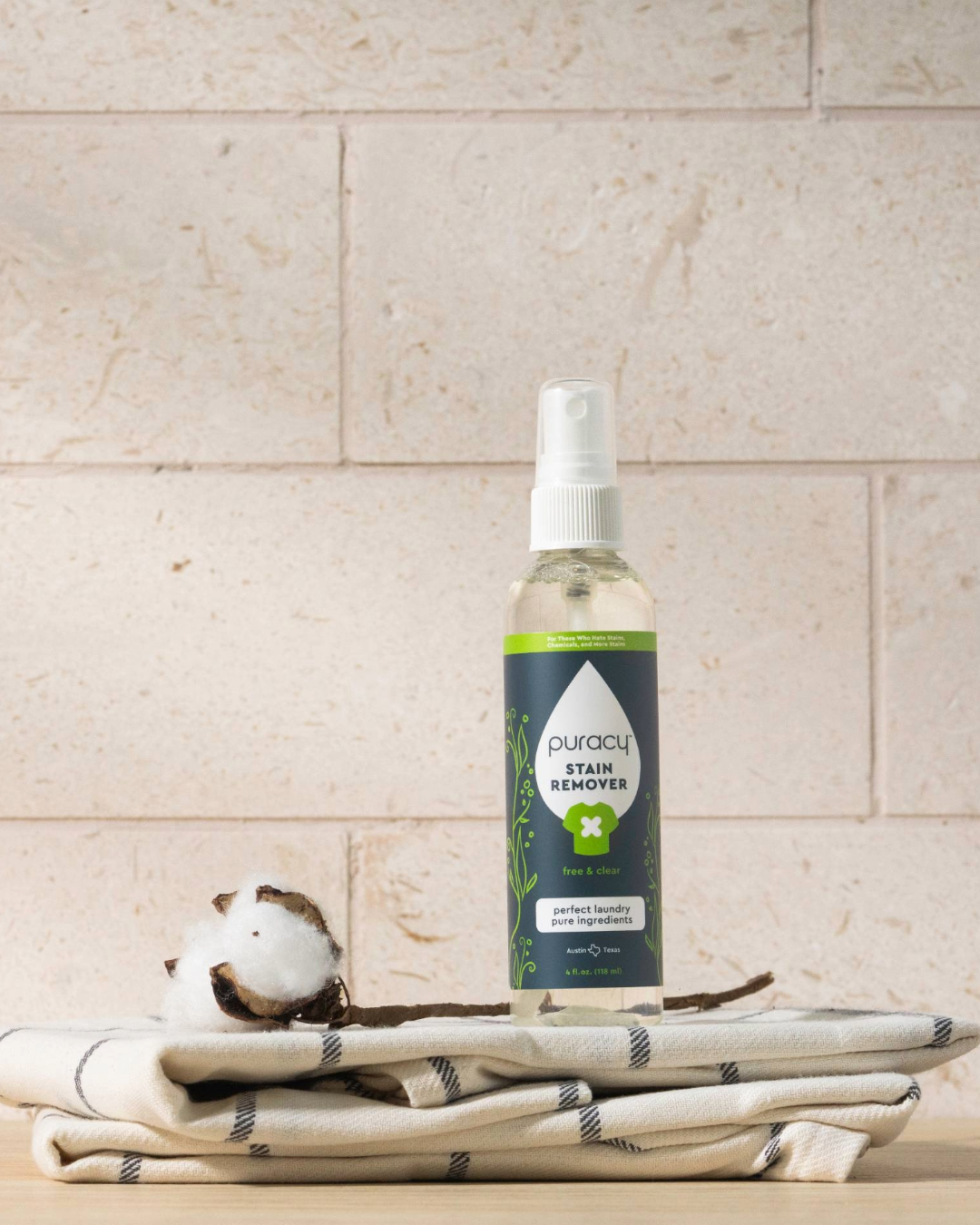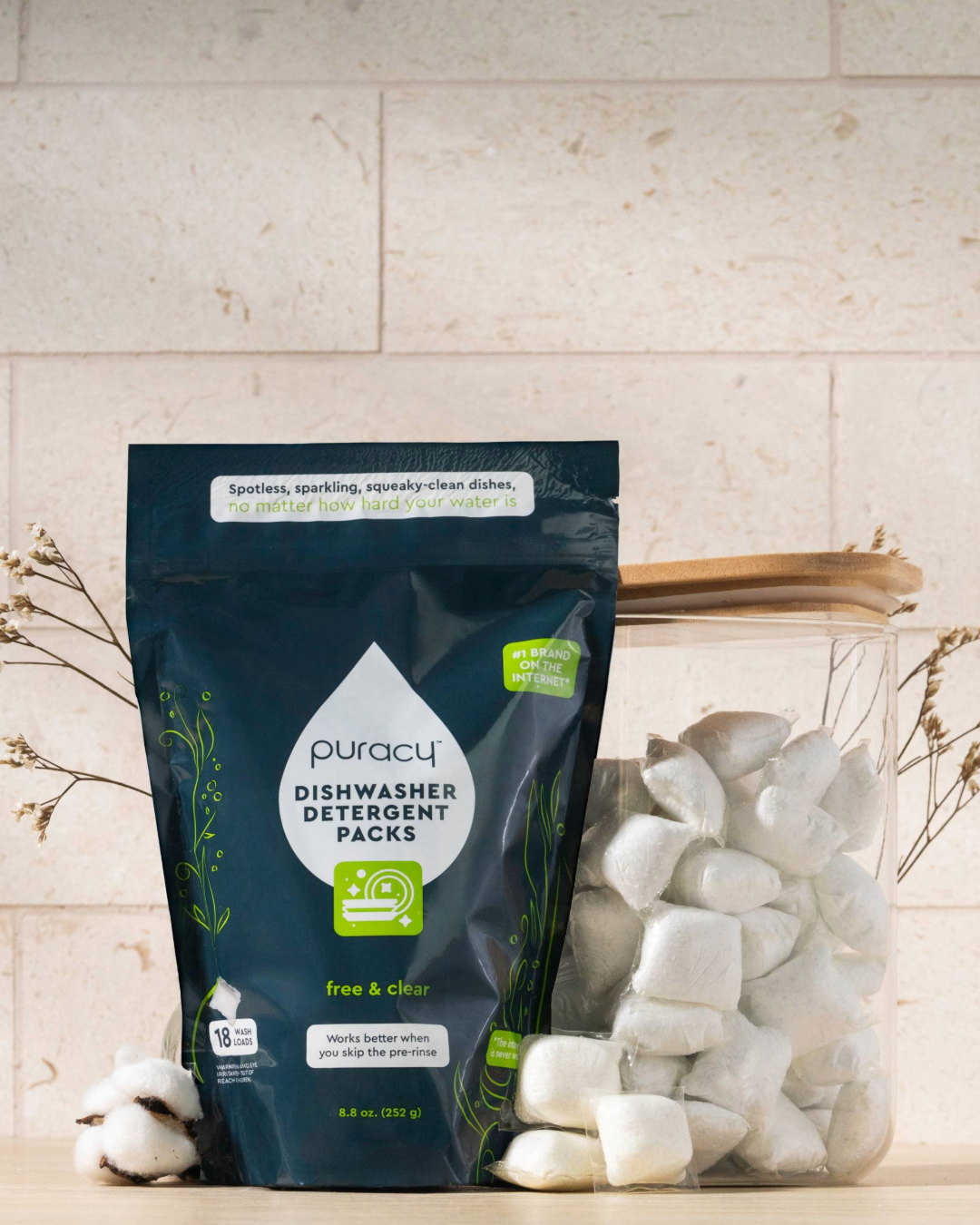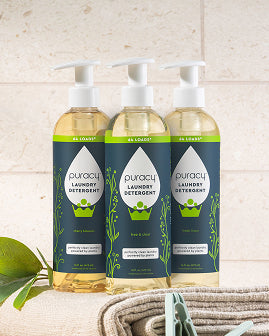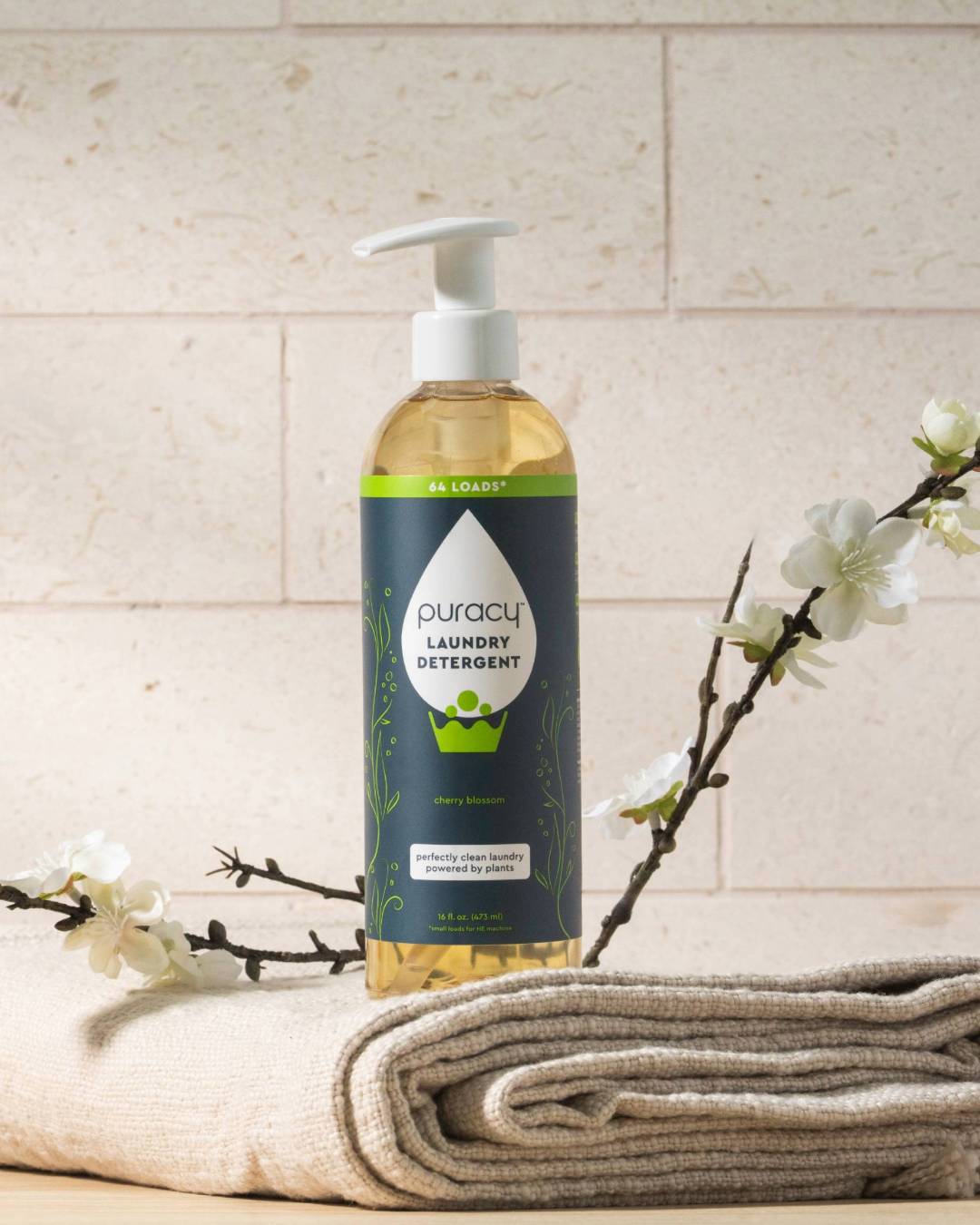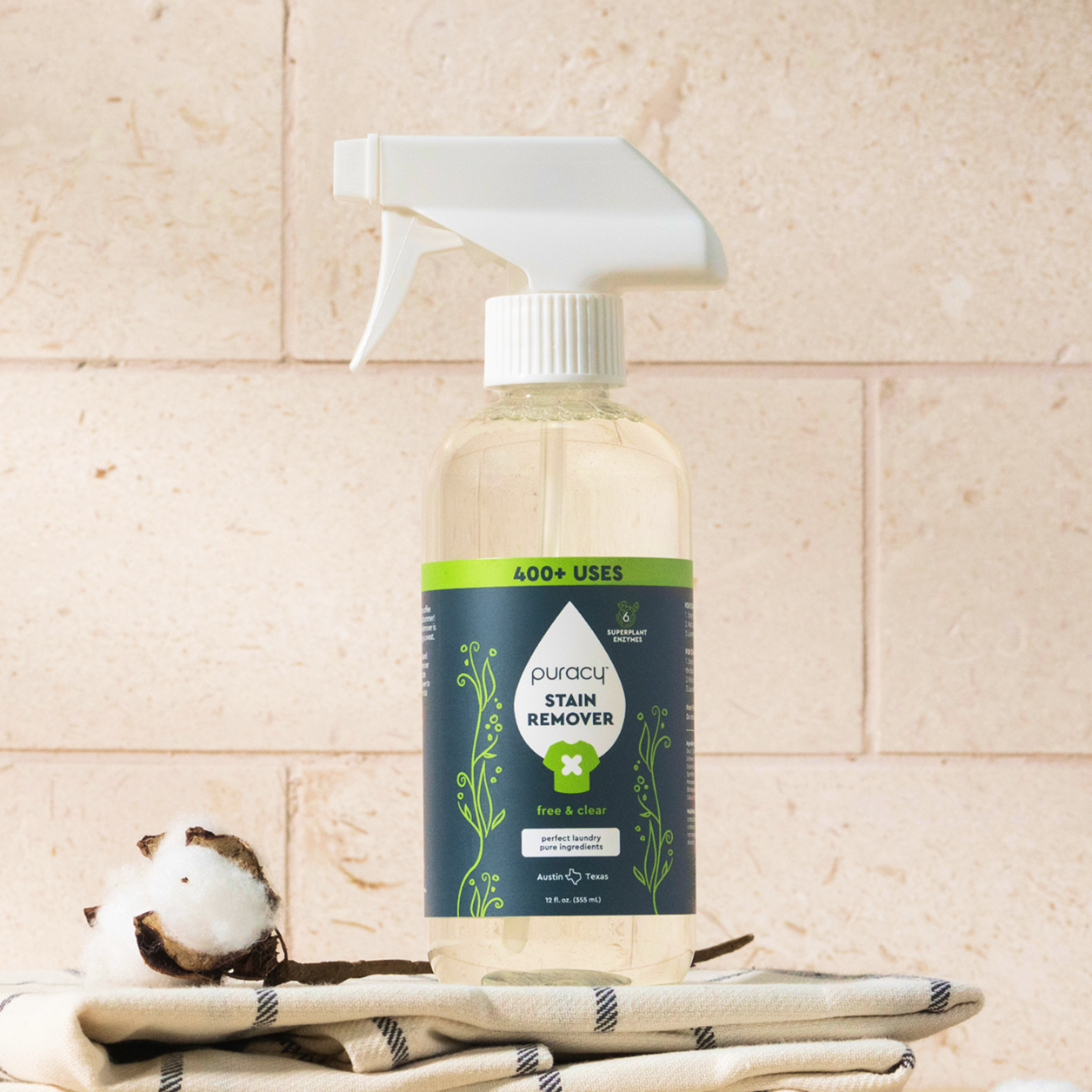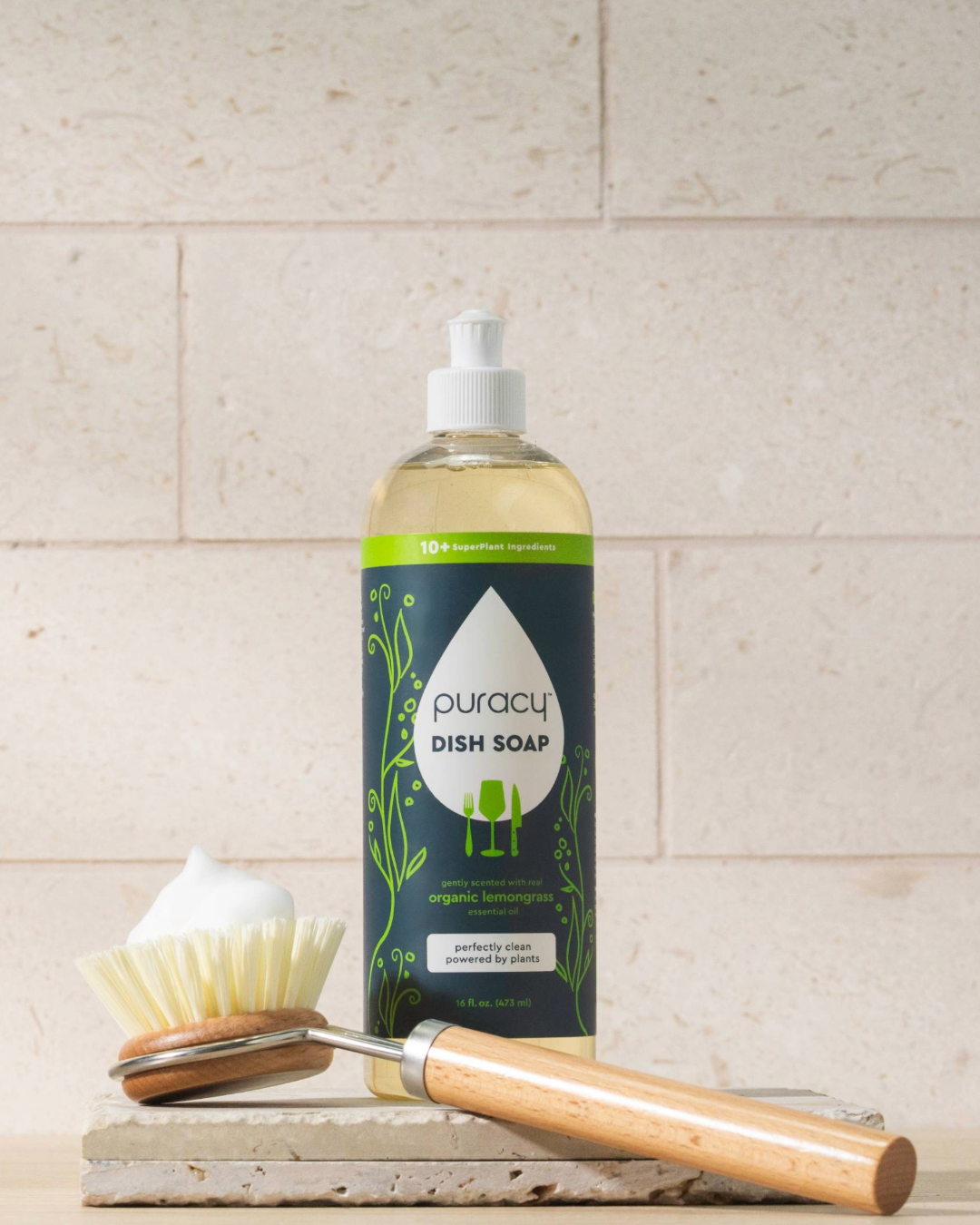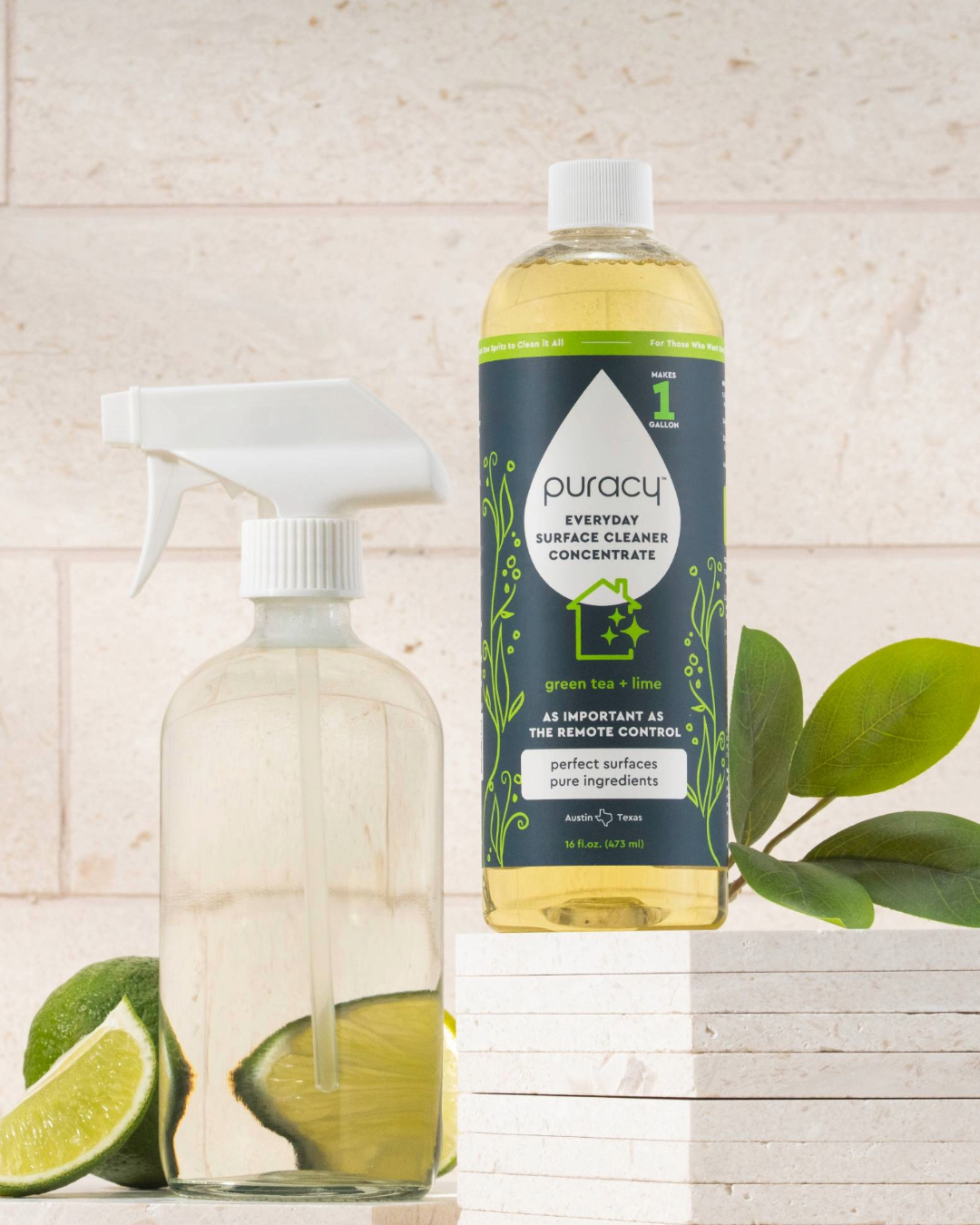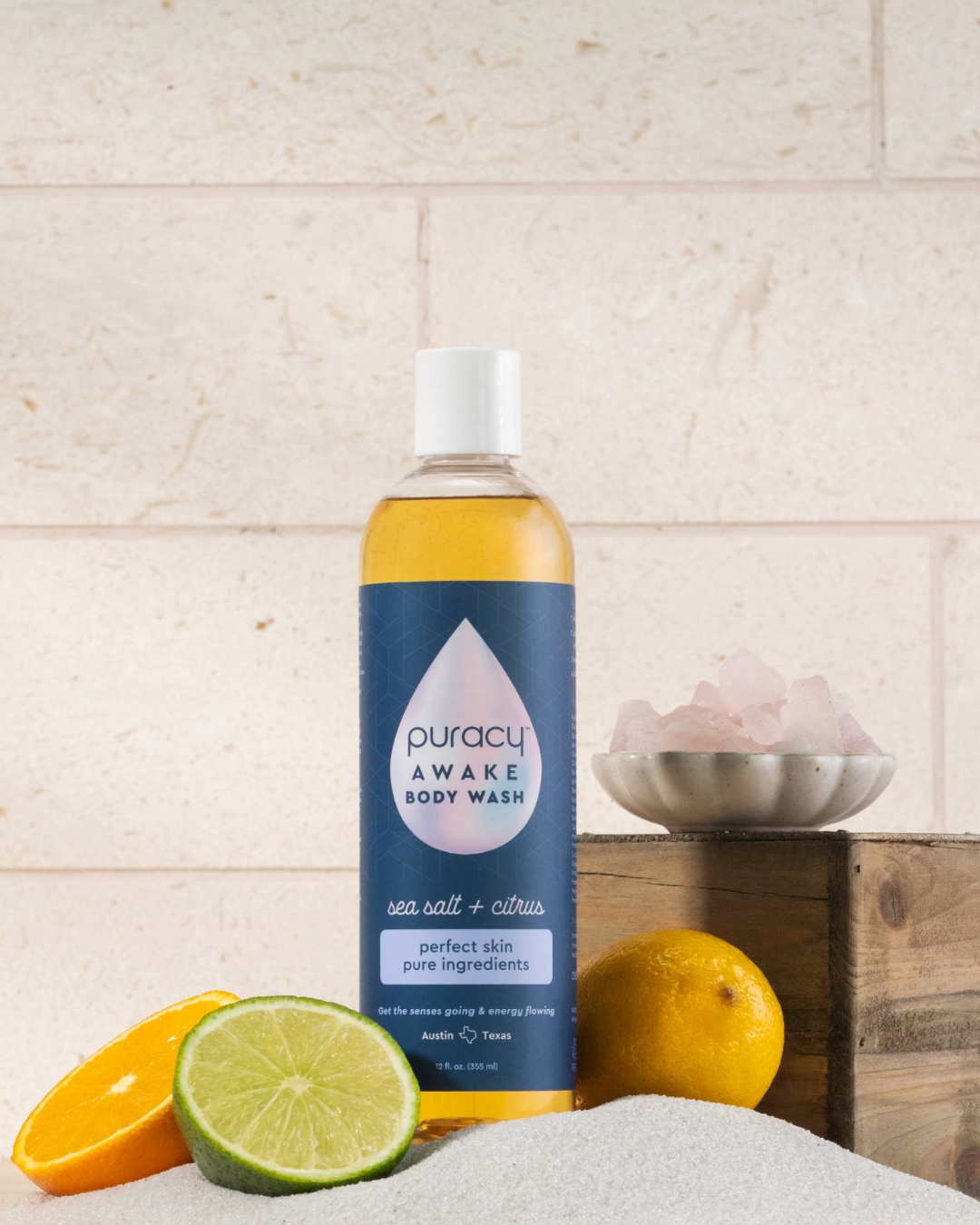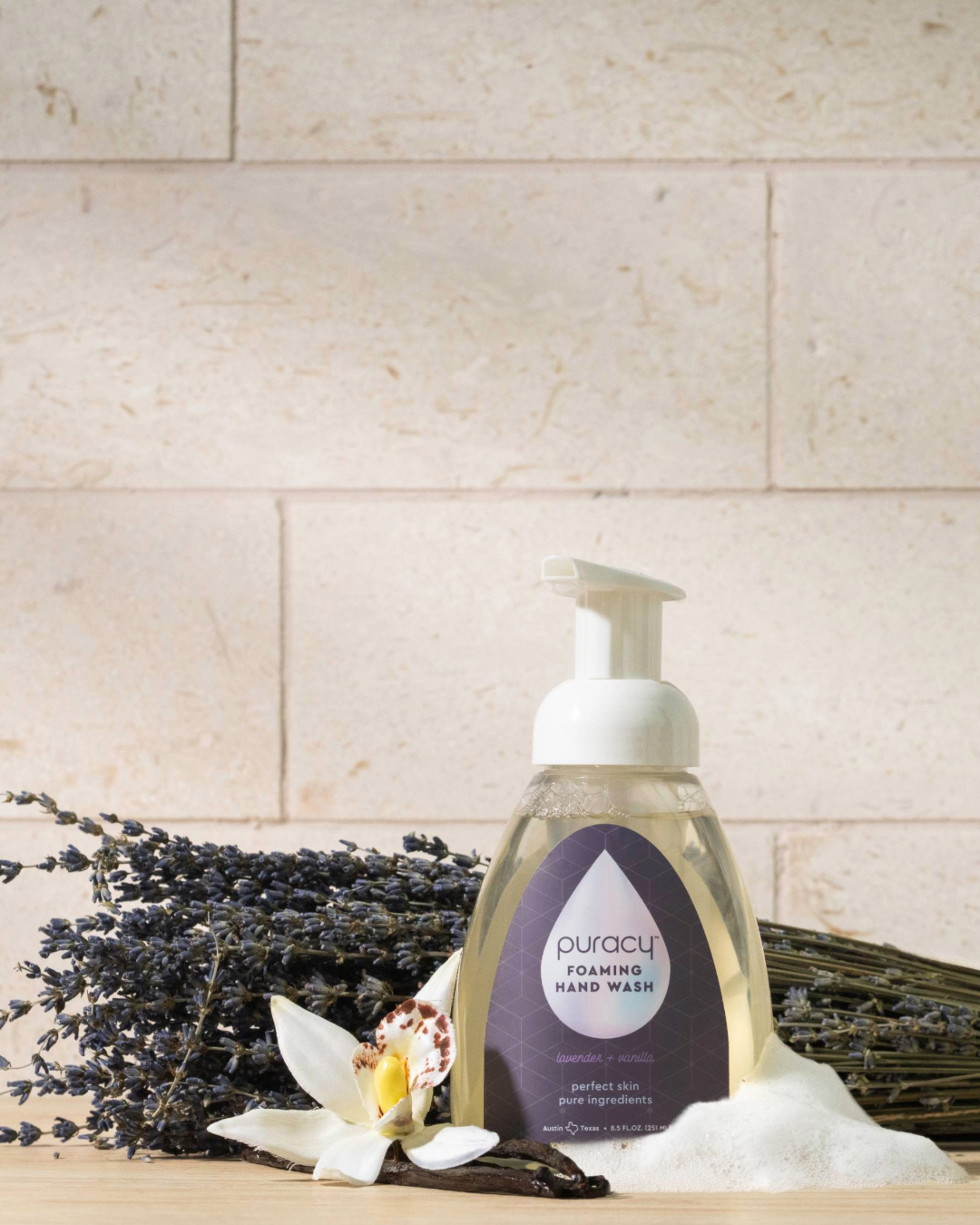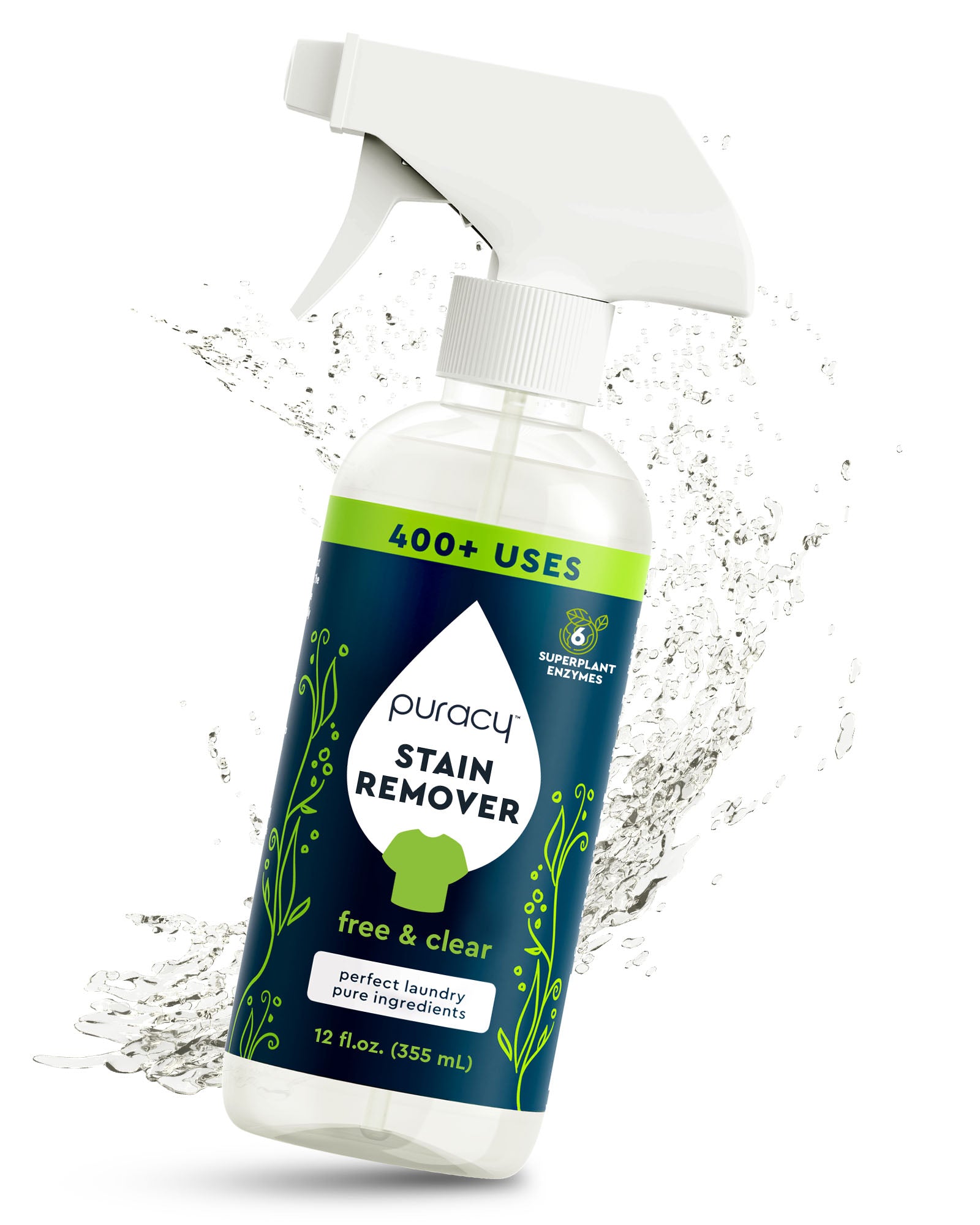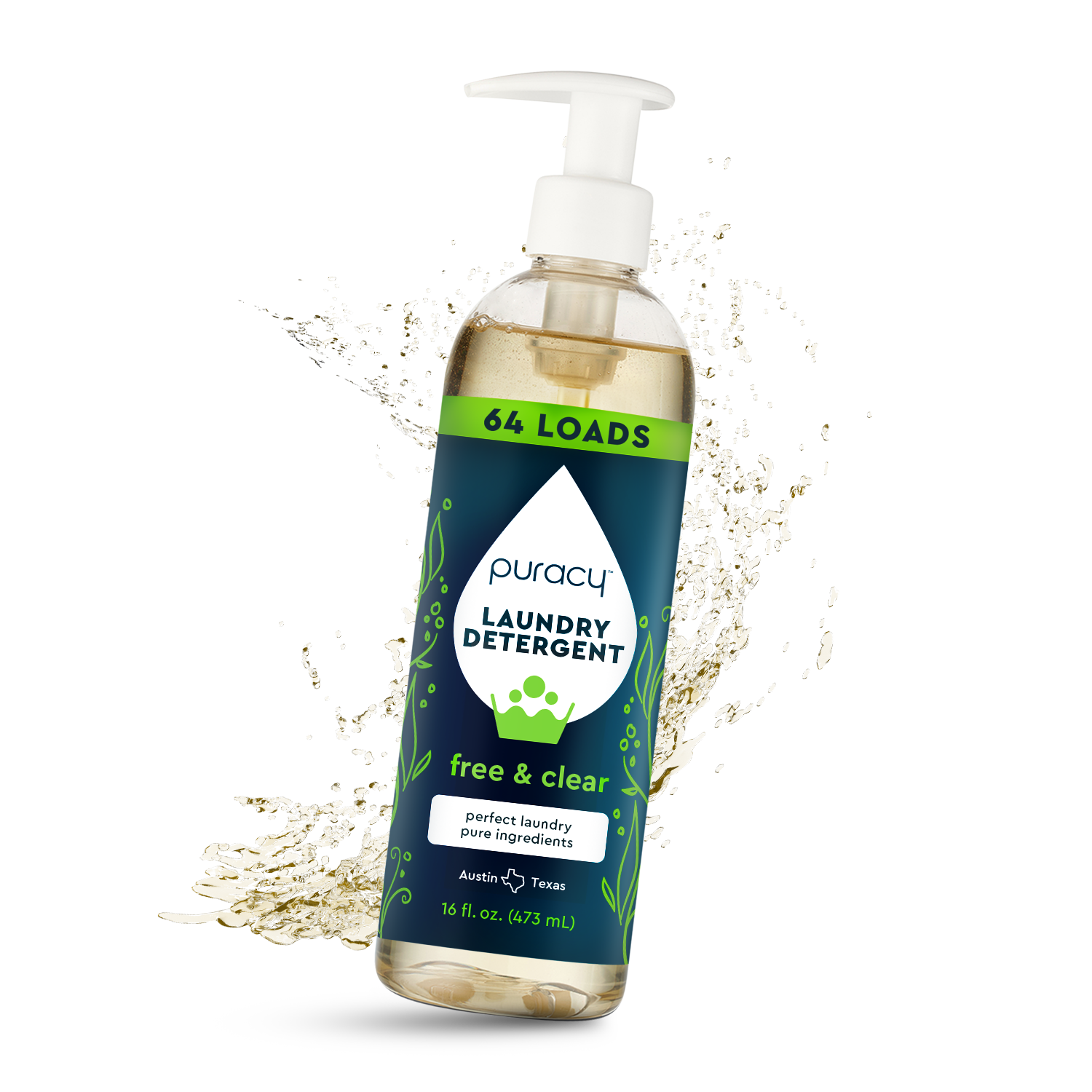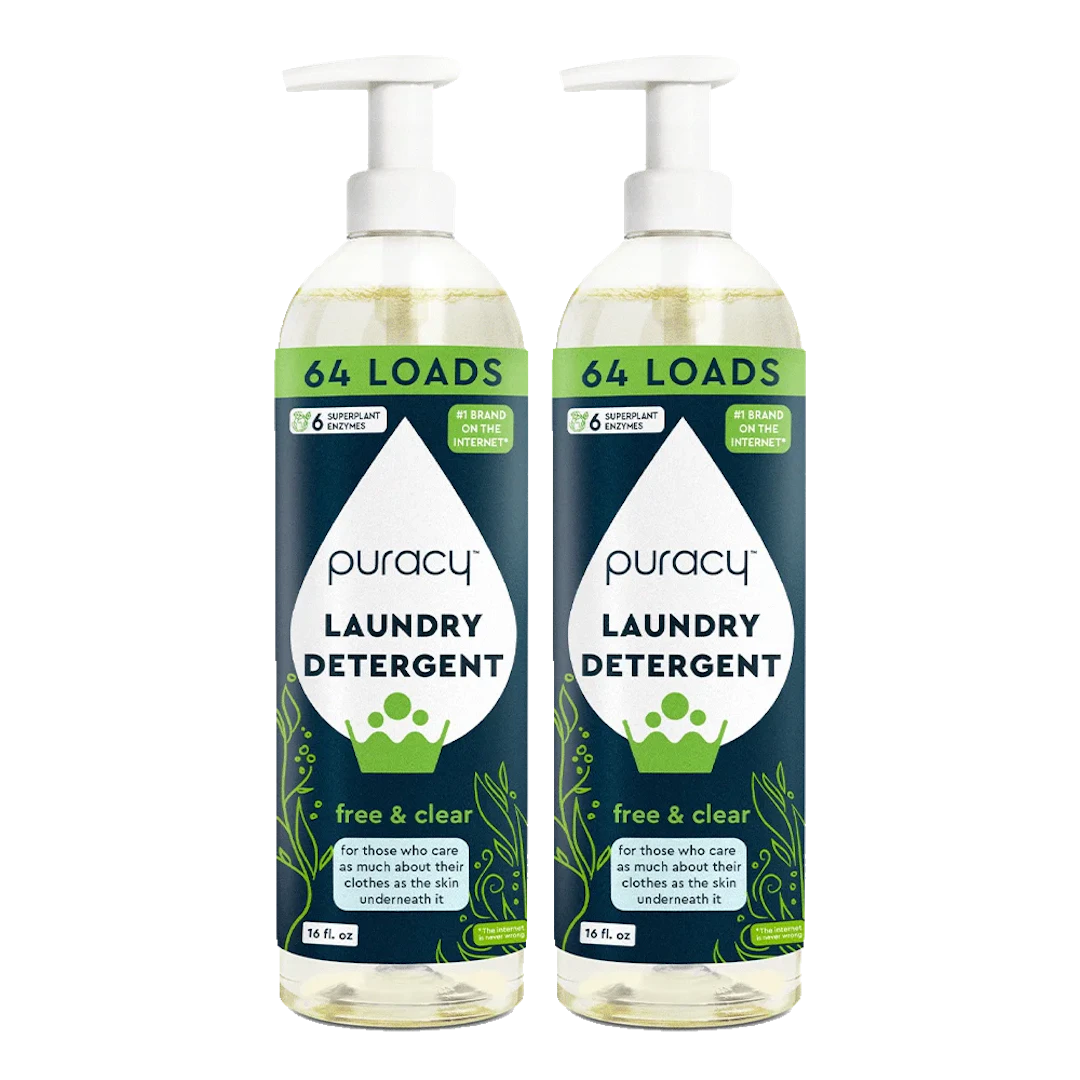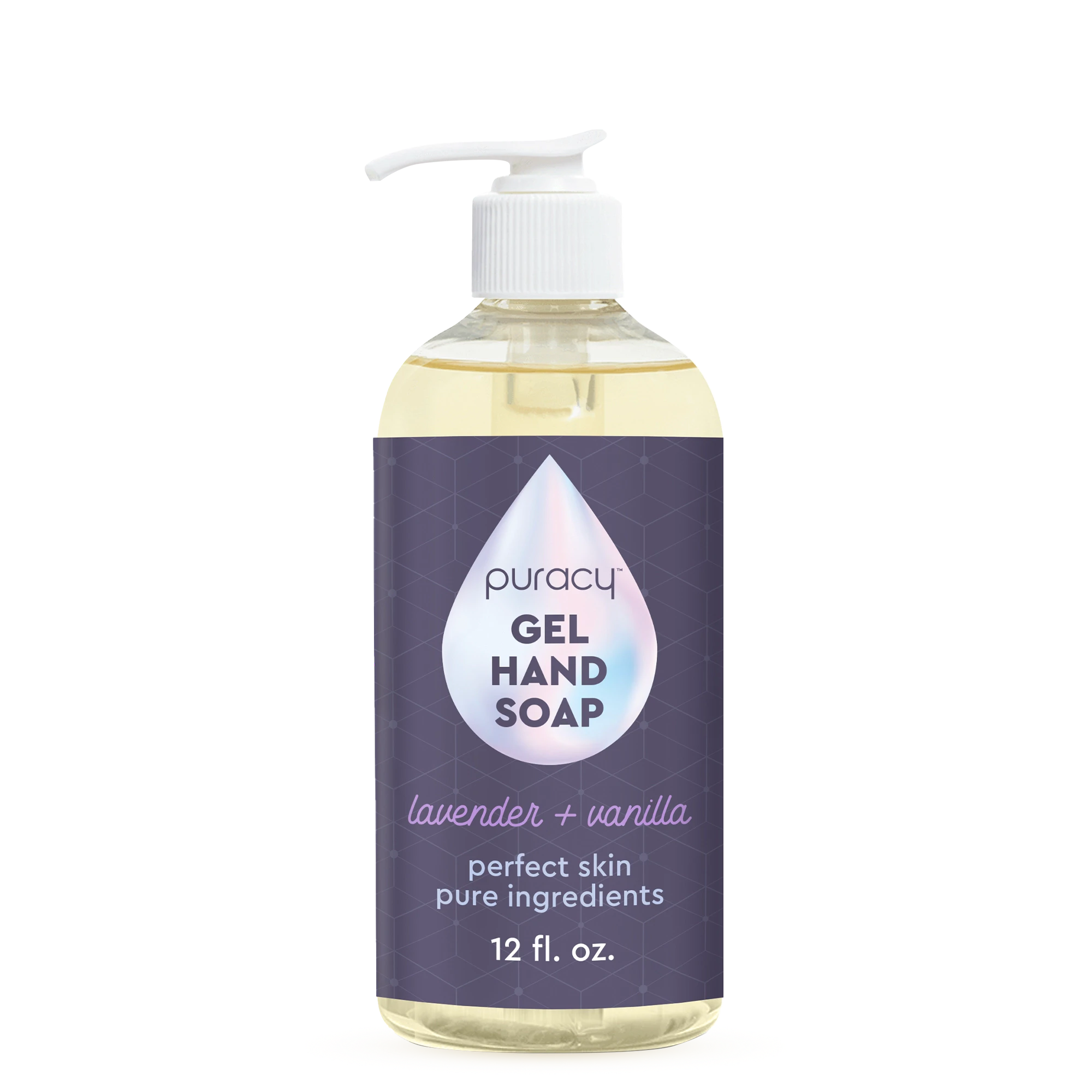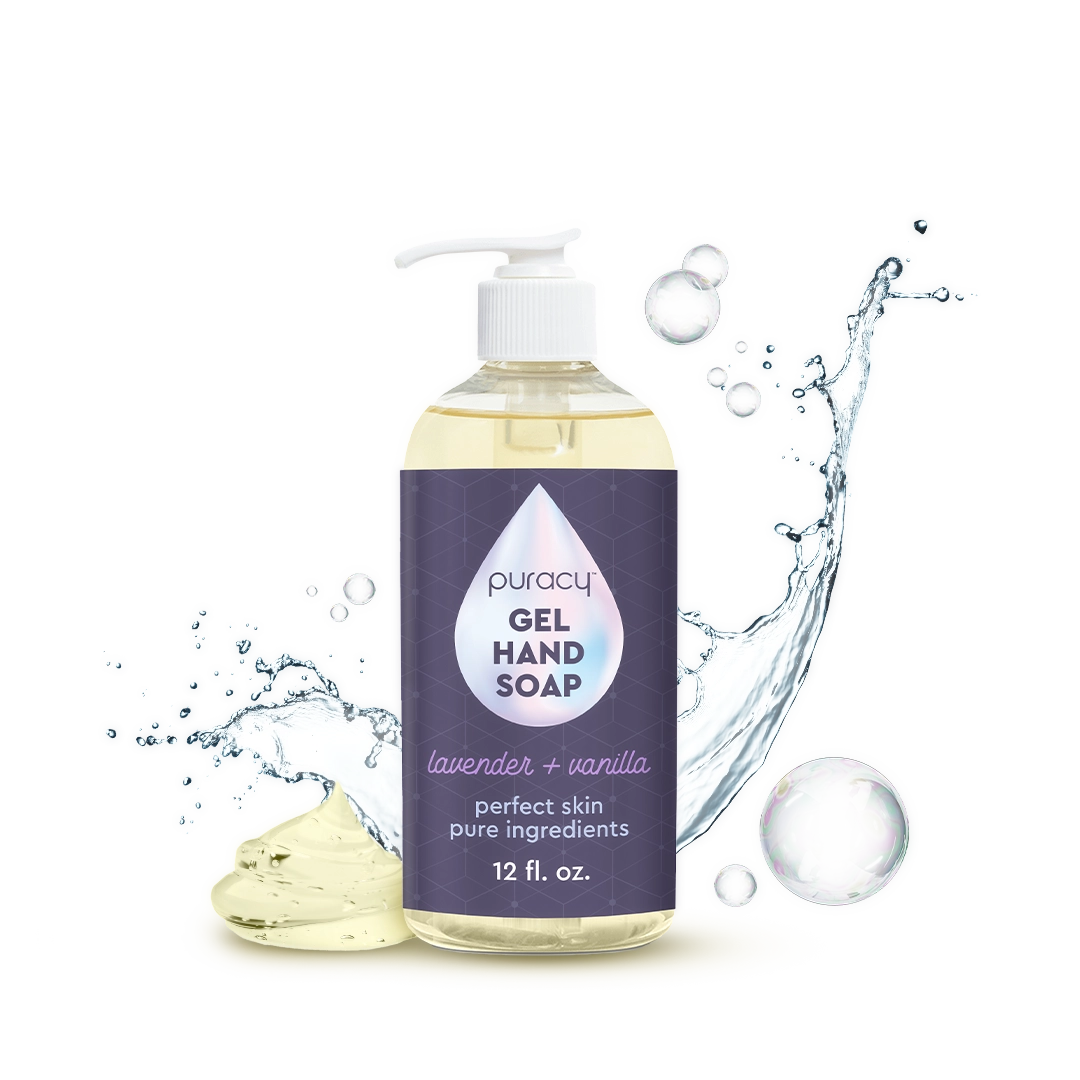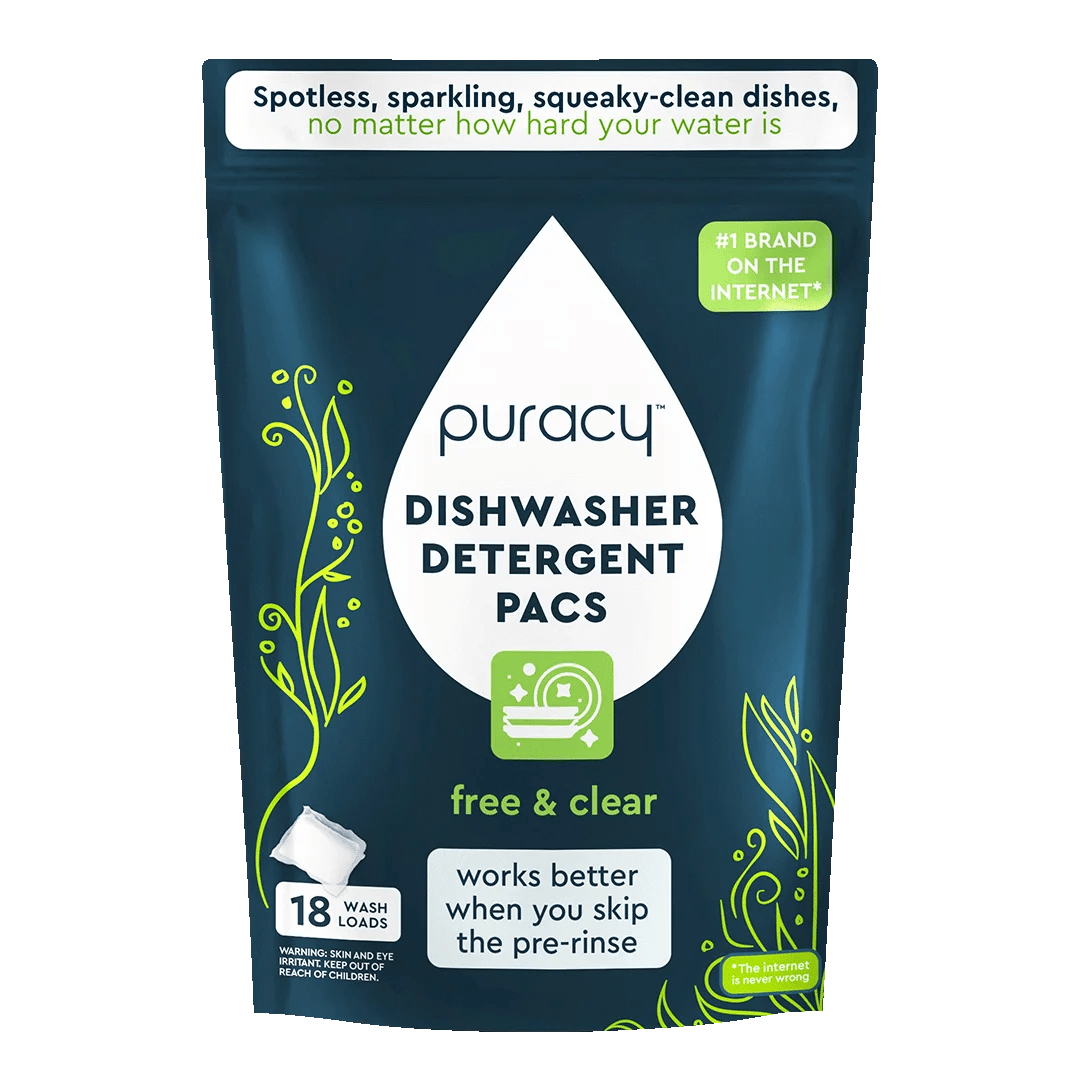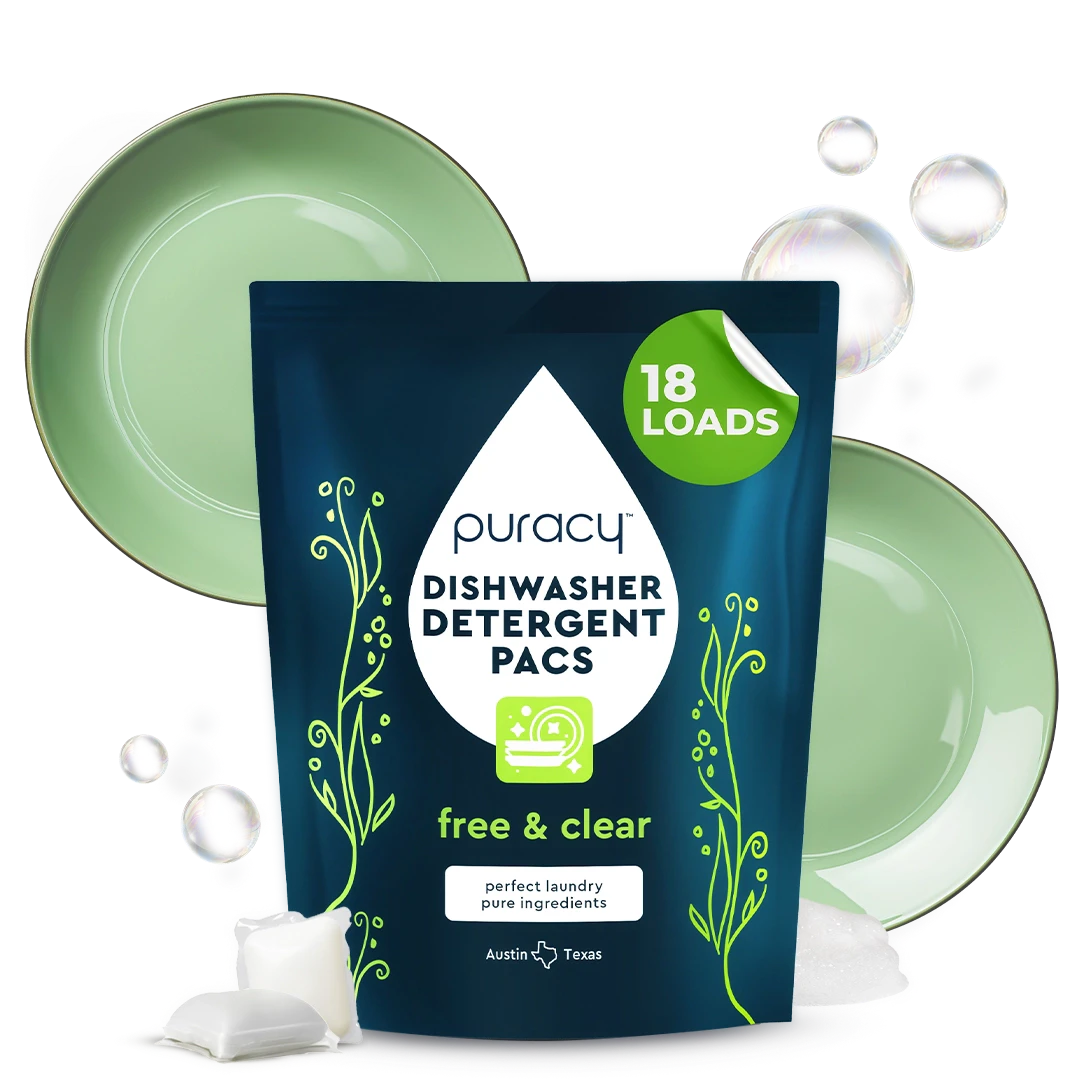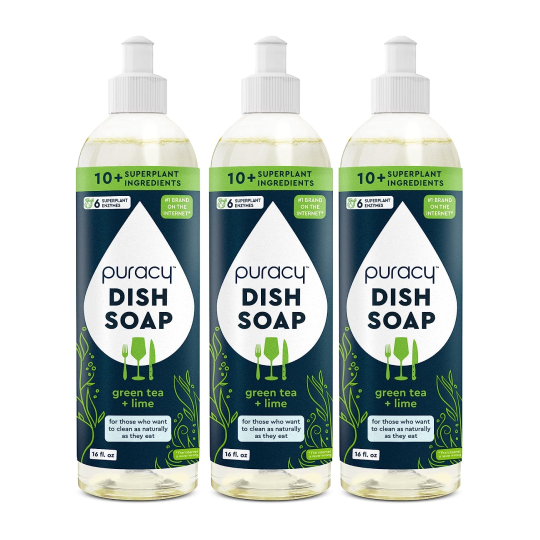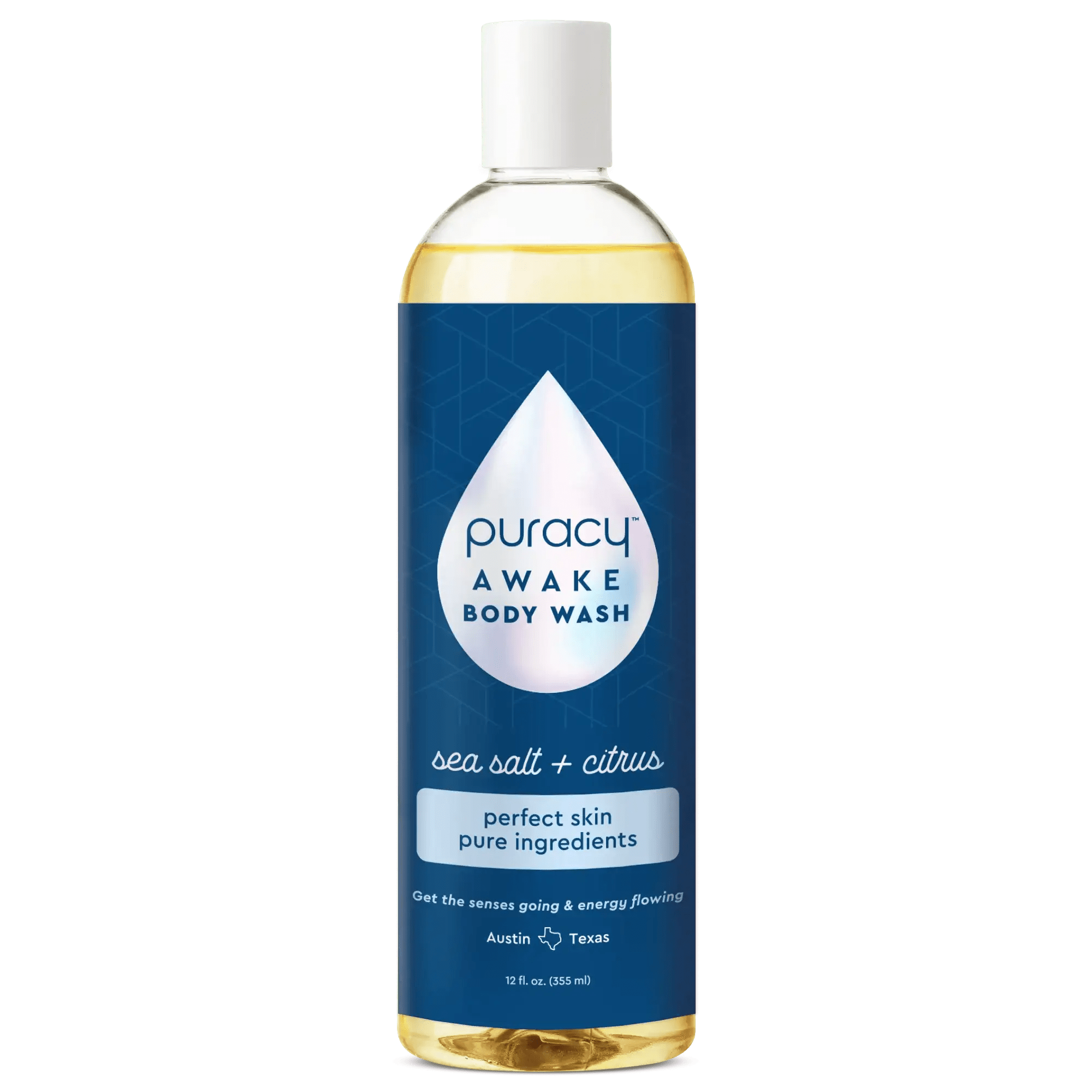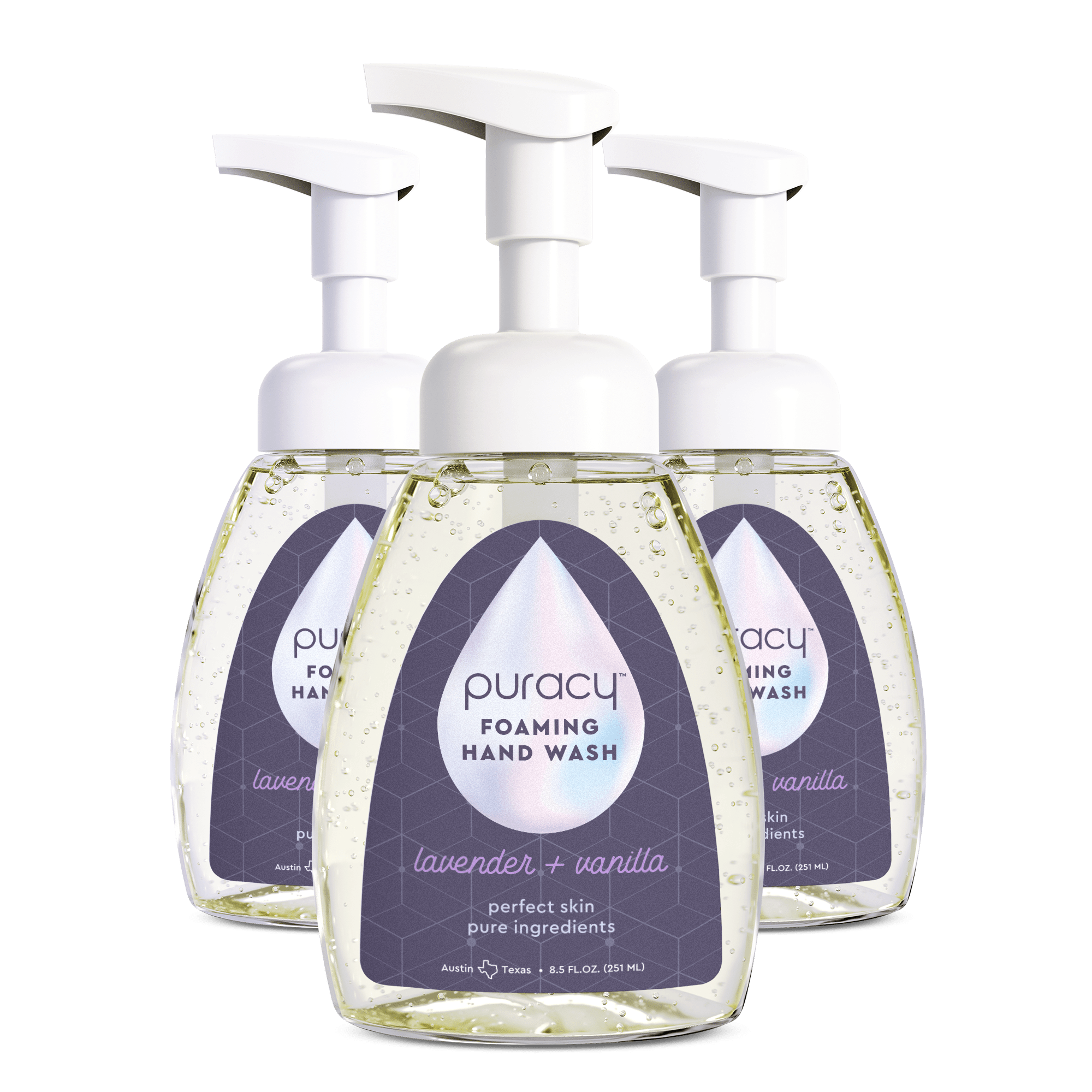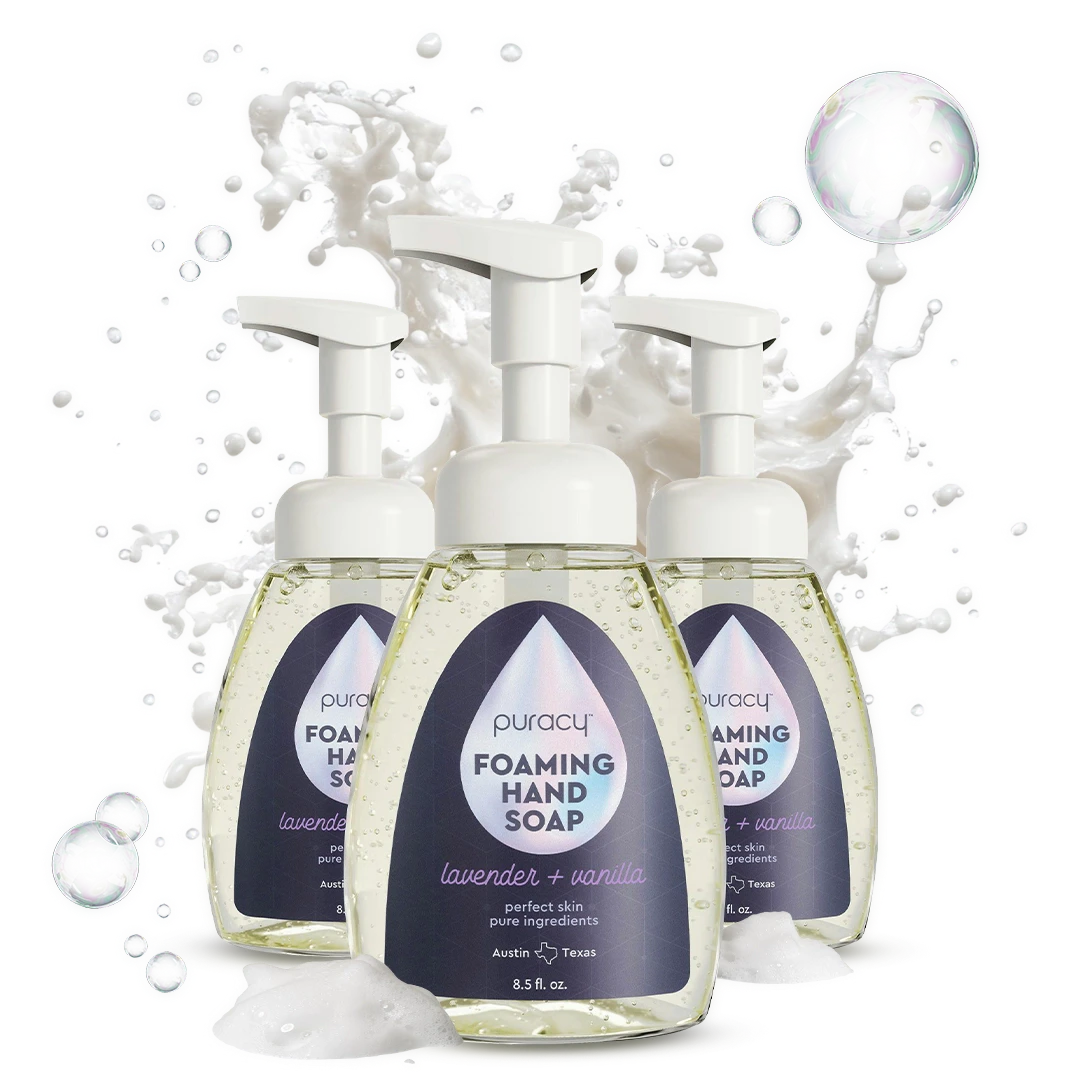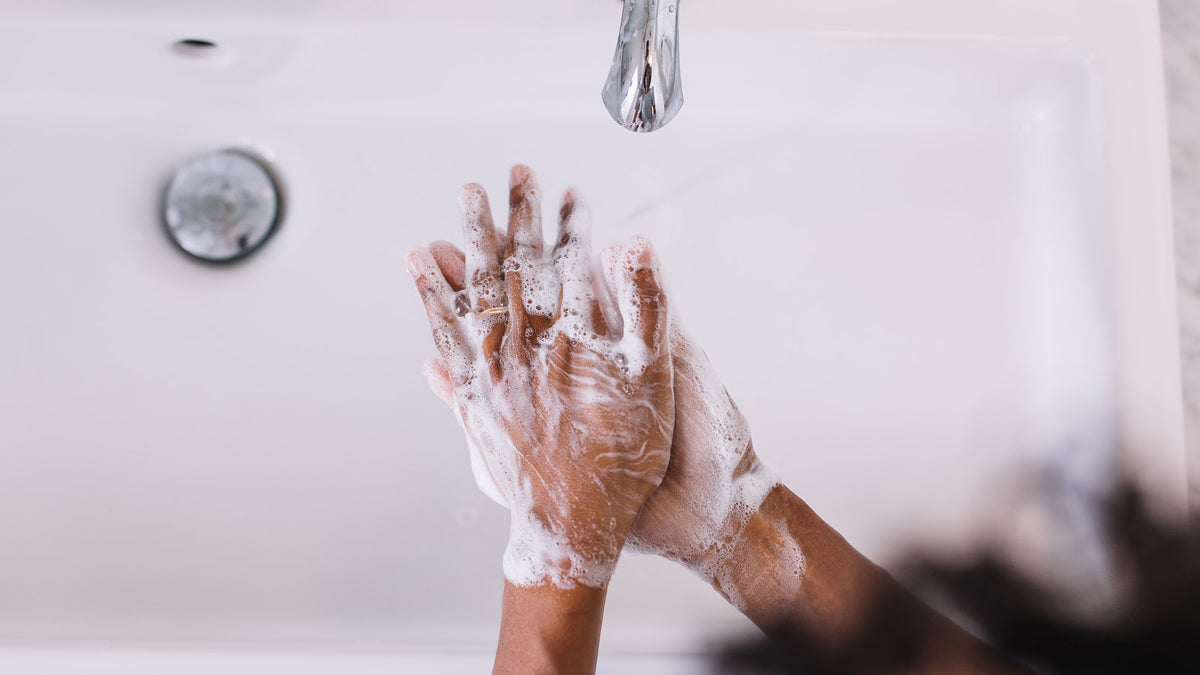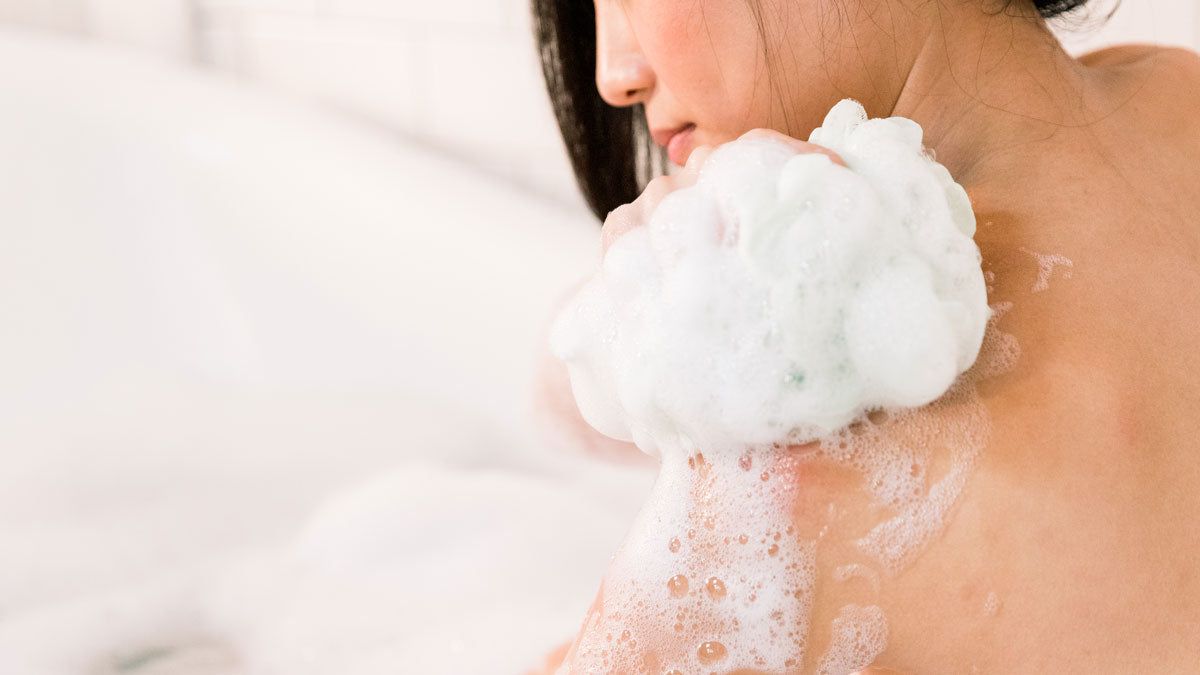
What Is Cocamidopropyl Betaine?
Cocamidopropyl Betaine (CAPB) is a sticky, yellow liquid with a slightly "fatty" odor. It is derived from raw coconut oil, which is combined with dimethylaminopropylamine to create a surfactant. Surfactants break the surface tension in water, loosen dirt, and rinse it away.
CAPB, also known as coco amido propyl betaine, is known for creating thick, luxurious-feeling formulas and lathering well in cold water. It is often used in "no tear formulas" due to its gentler nature compared to sulfates.
CAPB is a popular ingredient in personal care products due to its affordable price, effective cleaning capabilities, and coconut-derived origin. It has become a favored alternative to sulfates, which can cause irritation and dryness.
However, some people experience adverse reactions to CAPB, raising concerns about its safety. In this article, we explore the benefits and drawbacks of cocamidopropyl betaine, provide information on its alternatives, and address common misconceptions.
Is Cocamidopropyl Betaine Natural?
Yes, Cocamidopropyl Betaine is a naturally derived fatty acid from coconut oil.
Coco Betaine vs. Cocamidopropyl Betaine

Coco betaine and CAPB are both surfactants and are used in similar applications. However, coco betaine has a slightly different chemical makeup, which can be more irritating to the skin. Another similar ingredient is cocamidopropyl hydroxysultaine.
Uses for Cocamidopropyl Betaine

CAPB is used in a wide range of personal care products, including shampoos, soaps, toothpaste, shaving cream, makeup removers, body wash, detergents, and cleaners. It is used for:
- Conditioning hair and reducing static
- Thickening personal care products and cleaners
- Hydrating and nourishing skin
Is a Cocamidopropyl Betaine Allergy Common?

Although CAPB is a naturally-derived, coconut-based cleanser, some people may experience dermatological reactions. In 2004, it was named the American Contact Dermatitis Society's "Allergen of the Year." The Environmental Working Group (EWG) also considers it a potential allergen when products containing it are not completely rinsed off.
Direct exposure to undiluted CAPB or 3-(dimethylamino) propylamine can cause contact dermatitis symptoms, which can last for 1-30 days after discontinuing use. These side effects can include itching, redness, tightness, blisters, and sores. While no studies have been done to determine how much CAPB remains on the skin after rinsing, the rapid resolution of side effects in studies where CAPB has been rined off suggest rinsing completely removes any residue.
CAPB is approved for use in cosmetics and other skin care products at a concentration of up to 3% to balance effective surfactant function while minimizing risk of skin irritation. The concentration limit is the same for both leave-on and rinse-off products, per the Cosmetic Ingredient Review Expert Panel.
Eye irritation has been linked to facial cleansers and makeup removers containing CAPB, with some sufferers complaining of eye pain, redness, itching, and irritation (though these symptoms generally go away when the product is rinsed off).
CAPB is best used in products that are washed off of the skin, as opposed to products that are left in contact with the skin for a prolonged period. This means that CAPB would have fewer dermatological side effects, such as irritation, itching, or redness, when they are in contact with the skin for a shorter period of time, in such things as soaps and other cleansers, where adding it to lotions or soaking products would keep this ingredient in contact with the skin longer, and so have a greater opportunity to cause unwanted side-effects.
If you suspect an adverse reaction, a board-certified dermatologist can perform patch allergy testing.
Why Is High-Quality CAPB Different?

The safety of cocamidopropyl betaine typically depends on how the ingredient is produced and used. Board-certified dermatologist Dr. Julie Jackson states, "a common allergen associated with cocamidopropyl betaine is the chemical used in the synthesis of this molecule: 3-(dimethylamino)propylamine – often a contaminant."
A study conducted by the University of Miami School of Medicine determined that CAPB in skincare products is not the culprit for contact dermatitis. Instead, it is two specific impurities that often develop during the manufacturing process: aminoamide (AA) and 3-dimethylaminopropylamine (DMAPA).
Higher-quality grades of cocamidopropyl betaine rarely contain these impurities, making them a safer choice for consumers.
The Environmental Impact and Sustainability of Cocamidopropyl Betaine

As the demand for eco-friendly, sustainable personal care products continues to grow, it's essential to examine the environmental impact of the ingredients used in these products. Cocamidopropyl betaine (CAPB), a popular coconut-derived surfactant, is no exception. Let's delve into the environmental implications of CAPB production and use, as well as its sustainability.
Biodegradability
An essential aspect of determining an ingredient's environmental impact is evaluating its biodegradability. Biodegradable substances break down naturally in the environment, reducing the risk of long-term harm to ecosystems.
Fortunately, cocamidopropyl betaine is readily biodegradable. According to the OECD 301 guidelines, CAPB can break down within 28 days, minimizing its ecological footprint. This rapid breakdown ensures that the ingredient has a low potential for bioaccumulation, which means it's less likely to harm aquatic life or disrupt the food chain.
Sustainable Sourcing
Cocamidopropyl betaine is derived from coconut oil, a renewable resource. Coconut trees are an excellent sustainable crop, as they can be harvested multiple times per year and thrive in various tropical climates. They also require minimal water and chemical inputs compared to other agricultural crops. As a result, coconut oil production has a relatively low environmental impact.
However, it's essential to consider the broader implications of coconut farming. In some regions, the increasing demand for coconut products has led to monoculture plantations, which can contribute to deforestation and habitat loss.
To minimize these risks, it's crucial to choose products made with responsibly sourced, sustainably farmed coconut oil. Look for certifications like Fair Trade or Rainforest Alliance, which can indicate ethical and eco-friendly practices.
Production Process
The production of cocamidopropyl betaine involves combining raw coconut oil with dimethylaminopropylamine, resulting in the surfactant. While the process itself is not inherently harmful to the environment, the quality of the ingredients and the manufacturing methods used can impact the ingredient's sustainability.
High-quality CAPB production reduces the presence of impurities like aminoamide (AA) and 3-dimethylaminopropylamine (DMAPA), which are responsible for contact dermatitis in some individuals. By minimizing the use of harsh chemicals and ensuring proper waste disposal during production, manufacturers can reduce the environmental impact of CAPB.
How Puracy Uses Cocamidopropyl Betaine

Puracy is committed to using only the highest quality ingredients in its products. To ensure customer comfort, all Puracy personal care products are free of cocamidopropyl betaine, sulfates, parabens, phthalates, and other questionable ingredients that should not be used on your skin.
The one exception is Puracy's Natural Laundry Detergent, which contains high-quality cocamidopropyl betaine. This ingredient is effective at targeting tough stains and fully rinses away during a single laundry cycle. This means you can enjoy the cleaning benefits of CAPB without the risk of skin irritation.
Puracy Products: Gentle Ingredients, Effective Results
We've always formulated our personal care products with complete transparency (like shampoo without cocamidopropyl betaine). Our goal has always been to provide plant-powered products that work really, really well – and we think you'll love what you find!
